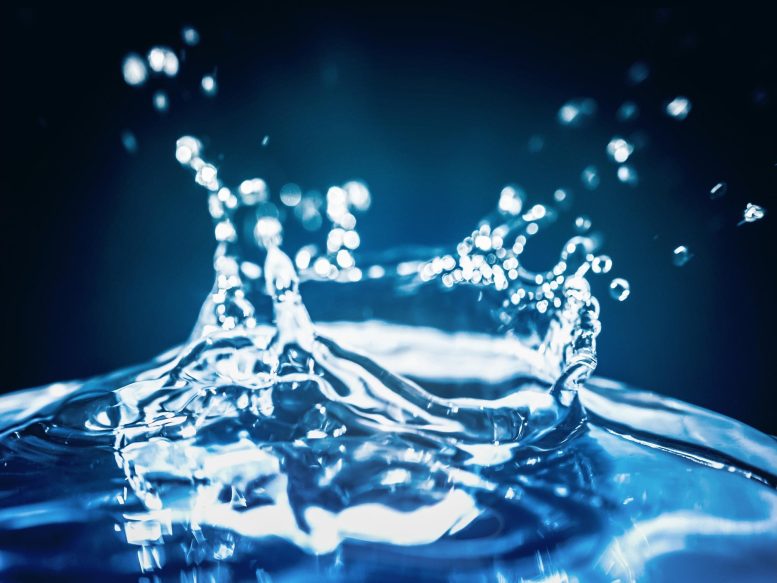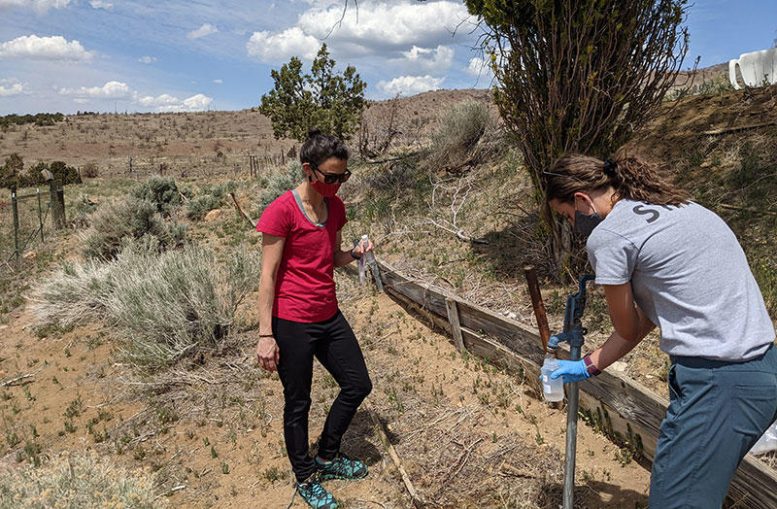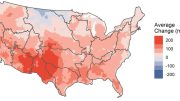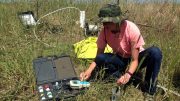
The study also found that only 41% of wells sampled used water treatment systems.
Numerous residential wells need improved drinking water treatment and monitoring, according to the study.
Private wells are the main source of drinking water for 182,000 individuals in Nevada outside of its busy cities. However, a recent study published in the journal Science of The Total Environment reveals that some of the tested Nevada private wells are contaminated with levels of heavy metals that exceed federal, state, or health-based guidelines. Drinking water tainted with metals like arsenic may have harmful consequences on one’s health.
Households with private wells were recruited by researchers from the Desert Research Institute and the University of Hawaii Cancer Center through the Healthy Nevada Project. Households were supplied free water testing kits, and participants were advised of their water quality findings as well as suggested actions. The study included more than 170 homes, the bulk of which were from Northern Nevada around Reno, Carson City, and Fallon.
“The goals of the Healthy Nevada project are to understand how genetics, environment, social factors, and healthcare interact. We directly engaged our participants to better understand environmental contaminants that may cause adverse health outcomes,” said co-author Joseph Grzymski, Ph.D., research professor at DRI, principal investigator of the Healthy Nevada Project, and chief scientific officer for Renown Health.

DRI’s Monica Arienzo, Ph.D., and Erika Robtoy, an undergraduate student at the University of Nevada, Reno, collect well water samples in Palomino Valley, Nevada. Credit: Daniel Saftner/DRI
Arsenic levels in almost one-quarter (22%) of the sampled private wells were beyond the Environmental Protection Agency’s (EPA) acceptable levels, and in some instances, they were 80 times higher. Elevated quantities of uranium, lead, cadmium, and iron were also discovered.
“We know from previous research that Nevada’s arid climate and geologic landscape produce these heavy metals in our groundwater,” says Monica Arienzo, Ph.D., an associate research professor at DRI who led the study. “It was important for us to reach out to community members with private wells to see how this is impacting the safety of their drinking water.”
Fewer than half (41%) of the wells sampled used water treatment systems, and some treated water samples still contained arsenic levels over EPA guidelines. Although average levels of heavy metal contaminants were lower in treated water, many homes were unable to reduce contaminants to levels considered safe.
The state leaves private well owners responsible for monitoring their own water quality, and well water testing helps ensure water is safe to drink. This study shows that more frequent testing is needed to ensure Nevada’s rural communities have safe drinking water. This is particularly important as the effects of climate change and population growth alter the chemistry of groundwater, potentially increasing metal concentrations.
“The results emphasize the importance of regular water quality monitoring and treatment systems,” said co-author Daniel Saftner, M.S., an assistant research scientist at DRI.
Although the research focused on wells in Nevada, other arid communities in Western states are facing similar risks of water contamination.
Reference: “Naturally occurring metals in unregulated domestic wells in Nevada, USA” by Monica Arienzo, Daniel Saftner, Steven Bacon, Erika Robtoy, Iva Neveux, Karen Schlauch, Michele Carbone and Joseph D. Grzymski, 29 August 2022, Science of The Total Environment.
DOI: 10.1016/j.scitotenv.2022.158277
The study was funded by the National Institutes of Health, the Renown Health Foundation, and Renown Health.









This isn’t surprising. Any water from wells in Nevada, other than in the high mountains where precipitation is frequent has likely been soaking the rocks for thousands of years. You can easily remove most arsenic by lowering the pH of the water with lime(ground baked limestone). The rest can be removed by an ion exchange resin. Only drinking, pet, livestock and, cooking water need be treated. Your car, and lawn don’t care if you get a little arsenic on them.
They should check the wells in Smith , Nv, not only Reno, Carson city.